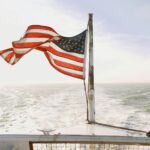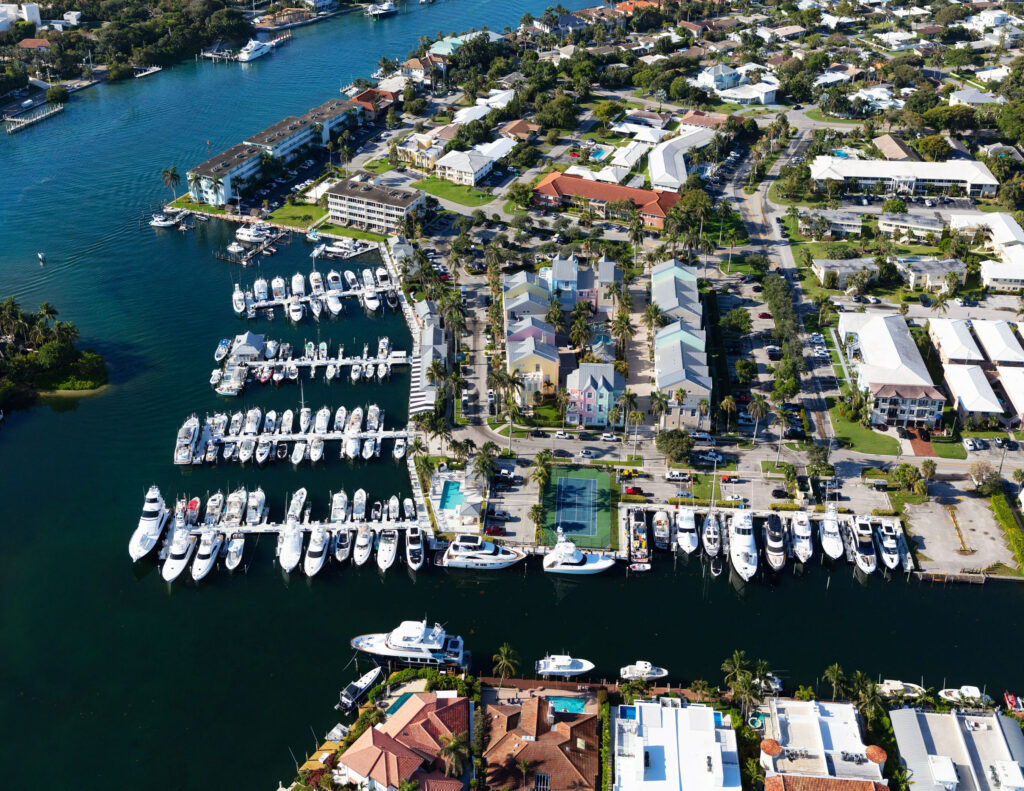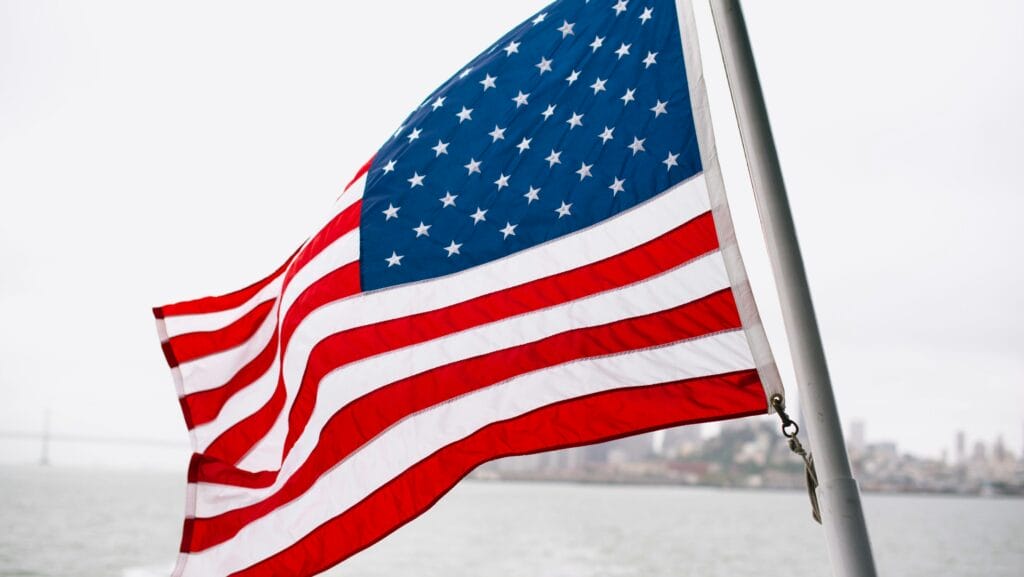
US marine industry braces as Trump trade tariffs come into effect

The recreational boating industry in the US is galvanising today after Donald Trump’s sweeping tariffs came into effect overnight, sparking fears of a trade war with some of the country’s top partners.
The White House has announced a series of trade actions under President Trump’s America First Trade Policy that are likely to affect the US boating industry. These actions include reinstating Section 232 tariffs on steel and aluminium imports at 25 per cent each, effective from 12 March, and implementing a 25 per cent tariff on imports from Canada and Mexico, which came into force in the US earlier today (4 March 2025).
Additionally, an extra 10 per cent tariff on all imports from China was announced on 26 February, bringing the total tariff on Chinese imports to 20 per cent following a previous 10 per cent increase. A new Section 232 investigation into copper imports was also announced on 25 February to assess potential national security risks.
Markets tumbled overnight after China and Canada introduced retaliatory measures. China has announced additional tariffs on a range of US agricultural imports. Meanwhile, Canadian Prime Minister Justin Trudeau confirmed that Canada would impose immediate 25 per cent tariffs on C$30bn ($20.7bn) of US imports. If the US tariffs remain in place for 21 days, Canada plans to extend tariffs to an additional C$125bn ($86.2bn) of US goods.
In a statement, Trudeau argued that these tariffs would disrupt a successful trading relationship and violate the US-Mexico-Canada free trade agreement signed during Trump’s first term.
Although the imposition of new tariffs was not directly outlined in the President’s America First Trade Policy, a presidential memorandum issued on 20 January provides a framework for a “review” of current US trade and economic policies. This review is expected to result in a series of recommendations due to the president by 1 April.
US marine industry prepares for impact of tariffs
The National Marine Manufacturers Association (NMMA) — a trade association representing boat, marine engine and accessory manufacturers in North America — is actively engaging with lawmakers to advocate for US marine manufacturers, support fair and reciprocal trade policies, and ensure access to essential materials for boat production.
“Recreational boating is a proudly American industry, with 95 per cent of boats sold in the US made in the U.S,” says NMMA president and CEO Frank Hugelmeyer. “American-made boats are in high demand worldwide, and strong trade partnerships with Canada and Mexico are essential to our industry’s continued growth.”

Lighthouse Point Marina in Southeast Florida. Image courtesy of Port 32 Marinas.
He highlights that Canada is the largest customer of American-made boats, accounting for 51 per cent of US boat exports, while Mexico also plays a vital role in the industry supply chain. “The past two years have been difficult for North American boat builders, and these tariffs threaten our industry’s recovery and the stability of the US-Mexico-Canada Agreement (USMCA), creating uncertainty for thousands of American businesses—many of them small, family-owned operations—that contribute to the $1.2 trillion outdoor recreation economy.”
Recreational boating supports 812,000 American jobs and 36,000 businesses in the US.
“NMMA supports the Trump administration’s commitment to protecting American citizens, workers and businesses,” says Hugelmeyer. “However, history has taught us that retaliatory tariffs harm the very workers and industries they aim to support. We urge the administration and congress to pursue alternative solutions that safeguard American manufacturing while allowing our industry to grow, innovate and deliver American-made products to consumers at home and abroad.”
In February, the Senate confirmed Jamieson Greer as the new US trade representative (USTR) with a 56-43 vote. Greer, who previously served as chief of staff to Robert Lighthizer (US trade tepresentative in the Trump administration from 2017 to 2021), is expected to continue a trade enforcement approach similar to that of his predecessor.
The USTR is seeking input from US businesses, trade associations, and the public to identify foreign trade policies that may negatively impact American manufacturers, restrict market access, or distort global trade. The deadline for submitting comments is 11 March 2025.
NMMA says it plans to submit comments and encourages members to provide feedback to “help shape industry input.” Members with concerns about the latest tariff actions, US marine industry tariffs or the copper investigation are encouraged to contact NMMA’s senior director of public policy, Clay Crabtree.
The post US marine industry braces as Trump trade tariffs come into effect appeared first on Marine Industry News.

